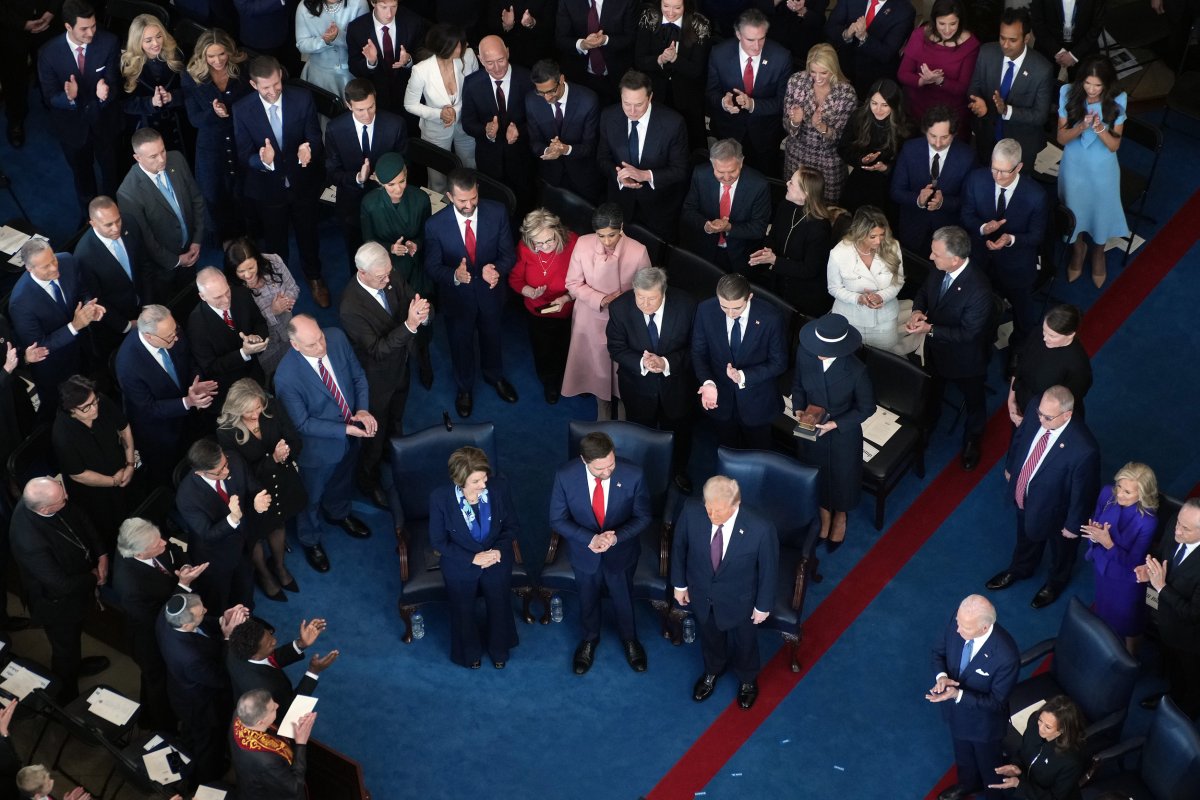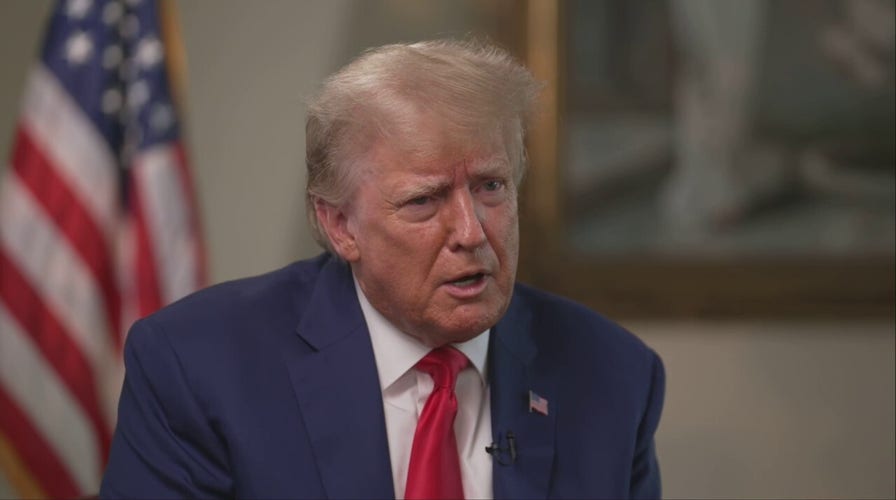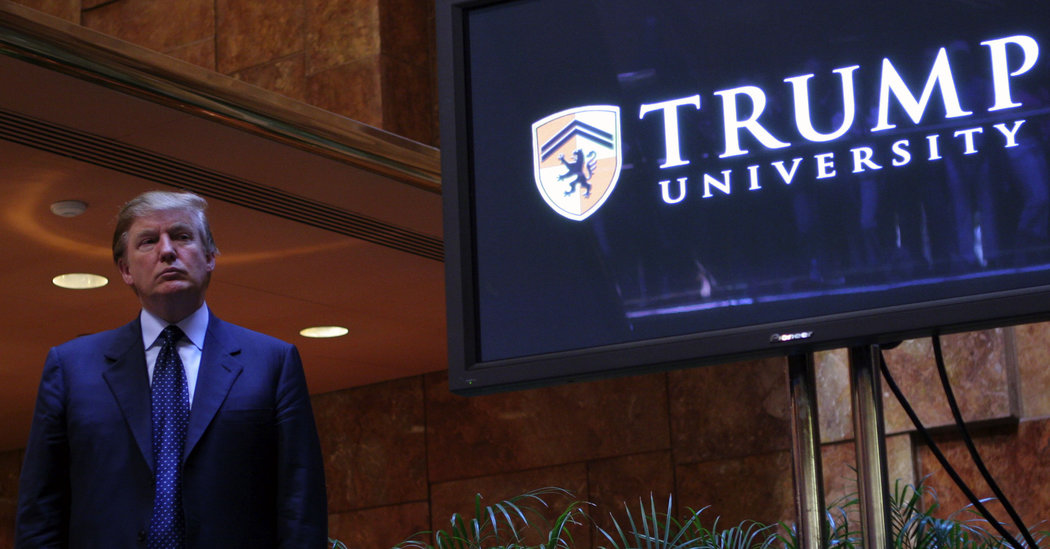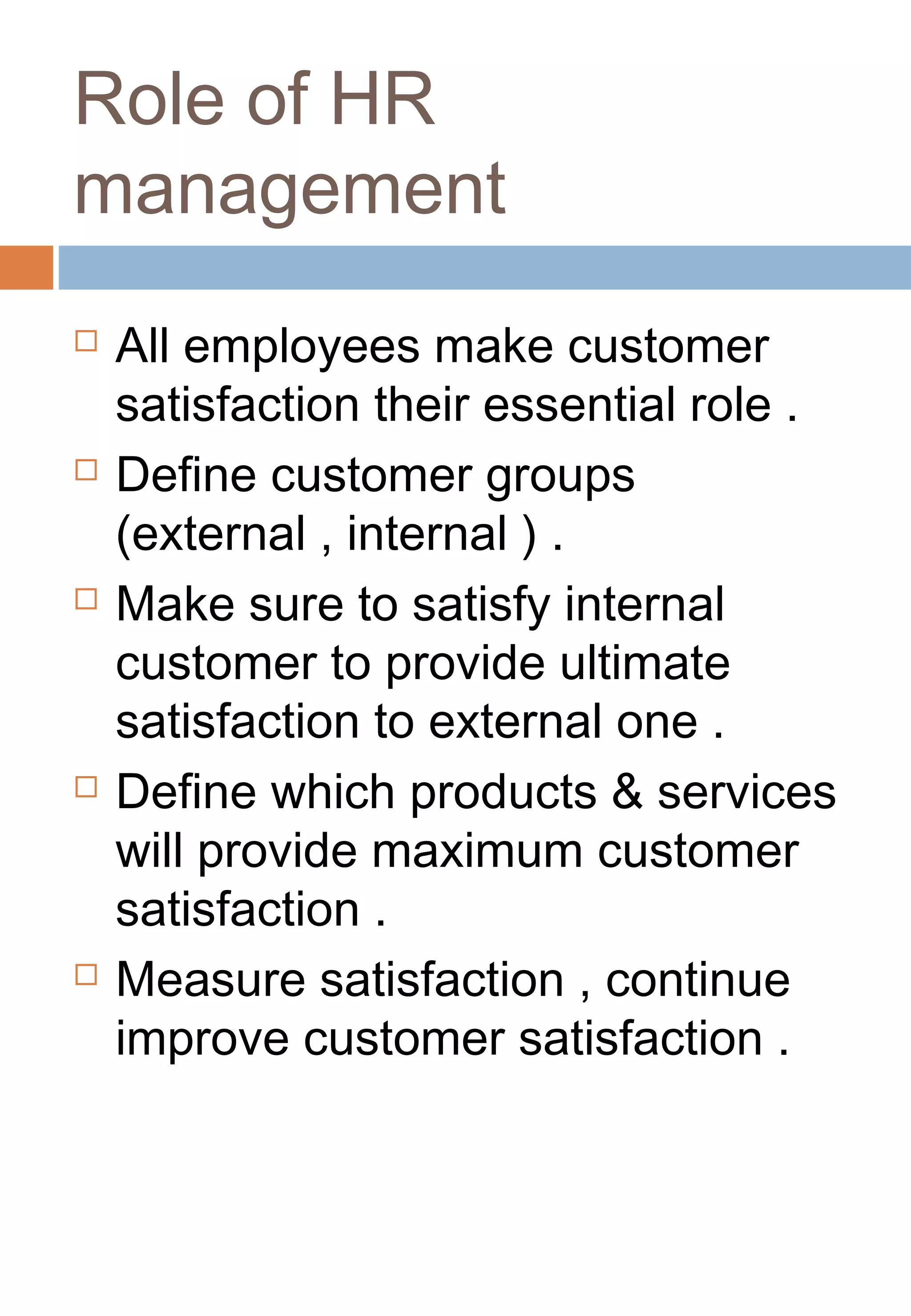The Zuckerberg-Trump Dynamic: Implications For Tech And Politics

Table of Contents
Facebook's Role in the 2016 and 2020 Elections
Facebook, under Zuckerberg's leadership, played a pivotal role in both the 2016 and 2020 US Presidential elections. This involvement, however, has been far from uncontroversial.
The Cambridge Analytica Scandal
The Cambridge Analytica scandal exposed the vulnerability of Facebook's user data and its potential misuse for political manipulation.
- Data harvesting and misuse: Millions of Facebook users' data was harvested without their consent and used by Cambridge Analytica to target political advertising during the 2016 election.
- Impact on the 2016 US Presidential election: The scandal raised serious questions about the influence of micro-targeted advertising and the potential for foreign interference in the election.
- Zuckerberg's testimony before Congress: Zuckerberg's appearances before Congress to address the scandal highlighted the growing scrutiny of Facebook's practices and the lack of sufficient data protection measures. This event significantly impacted public trust in both Facebook and Zuckerberg himself.
Trump's Use of Facebook for Political Communication
Donald Trump leveraged Facebook extensively for political communication, bypassing traditional media outlets to directly connect with his supporters.
- Direct communication with supporters: Trump's Facebook page served as a primary channel for disseminating his messages, announcements, and campaign updates.
- Use of targeted advertising: His campaign utilized Facebook's sophisticated advertising tools to reach specific demographics with tailored messages, often employing emotionally charged rhetoric.
- Spread of misinformation and conspiracy theories: Trump's Facebook posts frequently contained unsubstantiated claims, conspiracy theories, and inflammatory rhetoric, contributing to the spread of misinformation on the platform.
Facebook's Content Moderation Policies and Trump's Ban
Facebook's evolving content moderation policies ultimately led to the controversial decision to ban Trump from the platform following the January 6th Capitol riot.
- Balancing free speech and the prevention of violence: This decision highlighted the complex challenge of balancing freedom of speech with the prevention of incitement to violence and the spread of misinformation.
- Criticism of Facebook's inconsistent application of policies: Critics argued that Facebook’s policies were inconsistently applied, with some content deemed acceptable while similar content from others was removed.
- Legal challenges to the ban: The ban sparked significant debate and legal challenges, highlighting the ongoing tension between social media companies and political actors.
The Broader Implications for Tech Regulation
The Zuckerberg-Trump dynamic has significantly fueled the debate surrounding the regulation of tech companies.
Increased Scrutiny of Social Media Companies
The events surrounding the 2016 and 2020 elections have intensified calls for increased regulation of social media companies.
- Section 230 debates: The debate over Section 230 of the Communications Decency Act, which shields online platforms from liability for user-generated content, has become increasingly contentious.
- Antitrust lawsuits: Facebook has faced several antitrust lawsuits, alleging monopolistic practices and stifling competition.
- EU's Digital Services Act: The EU's Digital Services Act represents a significant step towards regulating large online platforms, aiming to increase transparency and accountability.
The Impact on Political Discourse
The Zuckerberg-Trump dynamic has profoundly impacted political discourse.
- Echo chambers and filter bubbles: The algorithm-driven nature of social media platforms can reinforce existing biases and create echo chambers, hindering productive dialogue.
- The erosion of trust in institutions: The spread of misinformation and conspiracy theories on platforms like Facebook has eroded public trust in traditional news media and government institutions.
- The impact on democratic processes: The potential for foreign interference and the spread of disinformation pose a significant threat to the integrity of democratic processes.
The Future of Social Media and Politics
The future of the relationship between social media and politics is uncertain.
- AI-powered content moderation: AI-powered tools are being developed to improve content moderation, but concerns remain about bias and potential for censorship.
- Decentralized social media platforms: The rise of decentralized platforms aims to address concerns about centralized control and data privacy.
- The evolving role of social media in elections: The role of social media in elections will continue to evolve, requiring ongoing adaptation of regulations and best practices.
The Personal Relationship and its Influence
The public perception of the relationship between Zuckerberg and Trump has significantly impacted their respective reputations.
Public Perception of the Dynamic
- Media portrayal of the dynamic: Media coverage has often framed the relationship as one of tension and conflict, highlighting the differing political ideologies and approaches to social media governance.
- Public opinion polls: Public opinion polls reflect a significant level of distrust in both Facebook and Trump, often linking their actions and impacts.
- Impact on brand image: The controversies surrounding Facebook's role in elections have negatively affected its brand image and public perception.
Behind-the-Scenes Interactions (if any)
While direct evidence of behind-the-scenes interactions between Zuckerberg and Trump remains scarce, speculation persists regarding their potential influence on decision-making within Facebook. Further investigation into this aspect could shed more light on the dynamics of this complex relationship.
Conclusion
The Zuckerberg-Trump dynamic represents a watershed moment in the intersection of technology and politics. Its ramifications extend far beyond the personalities involved, influencing the future of social media regulation, political discourse, and the very fabric of democratic processes. Understanding this complex interplay is critical for navigating the challenges and opportunities presented by our increasingly digital world. Further investigation and critical analysis of the Zuckerberg-Trump dynamic are essential for fostering a healthy and informed political future, ensuring technology is utilized responsibly and ethically. Continue exploring the complexities of the Zuckerberg-Trump dynamic and its impact on our society.

Featured Posts
-
 Ukraine Peace Plan Kyivs Response Deadline Looms
Apr 22, 2025
Ukraine Peace Plan Kyivs Response Deadline Looms
Apr 22, 2025 -
 Is A New Cold War Inevitable Examining The Deterioration Of U S China Relations
Apr 22, 2025
Is A New Cold War Inevitable Examining The Deterioration Of U S China Relations
Apr 22, 2025 -
 Strengthening Bilateral Security China And Indonesia
Apr 22, 2025
Strengthening Bilateral Security China And Indonesia
Apr 22, 2025 -
 Trump Administration To Slash Another 1 Billion In Harvard Funding
Apr 22, 2025
Trump Administration To Slash Another 1 Billion In Harvard Funding
Apr 22, 2025 -
 Understanding The Crucial Role Of Middle Management In Organizations
Apr 22, 2025
Understanding The Crucial Role Of Middle Management In Organizations
Apr 22, 2025
